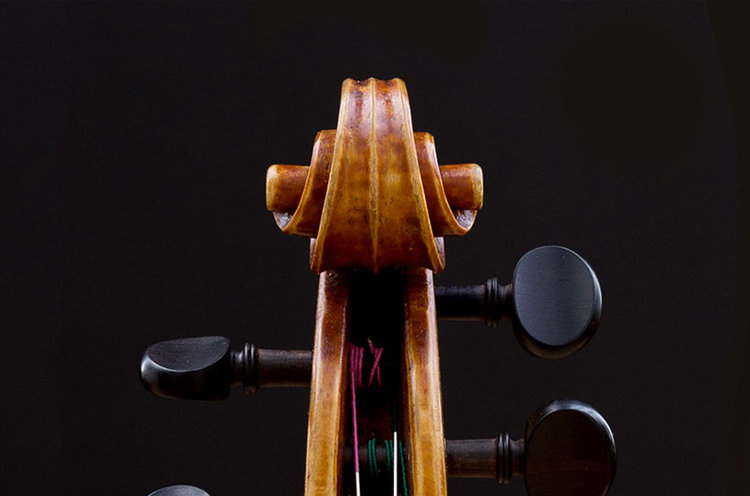
You decide you want to learn how to play the violin. You see a one-day class advertised called “Learn the violin and unleash the musician within!” and go along, partly because you’re impressed with the rhyme.
The teacher enthusiastically tells you about the importance of music in culture and regales you with colourful stories of some of history’s great musicians. She recounts how certain musical minds broke with years of convention to revolutionise the musical culture of their day – now we’re talking paradigm shifts, people! Best of all, she gives you several nuggets of these geniuses’ worldviews and philosophies. For instance, the composer Claude Debussy said:
“I love music passionately, and because I love it I try to free it from the barren conditions that stifle it”
Ah yes, the importance of love and passion! It’s just such powerful stuff. All in all, the class turns out to be a phenomenal experience – a real eye opener and no mistake.
Of course, it wouldn’t advance your actual ability to play the violin one bit, but hey who’s counting.
The truth is, there’s only one way to learn the violin. It’s called practice. Obviously it helps to be guided by history, theory and principles – though it should be pointed out that there are plenty of violinists and other musicians out there who never had any lessons. (Prince, Eric Clapton and Dizzy Gillespie are among the many musical greats who reportedly were entirely self-taught.) But the true learning takes place over hours and hours and hours of actual, good old fashioned practical experience of playing the violin.
To attain competence in virtually any skill one can learn, it takes practice. Certainly, to become good at something it takes a lot of it. It doesn’t make much difference if we’re talking about a skill that’s essentially physical or mental. Whether it’s playing tennis, football or golf or speaking in public, playing chess or flirting, it’s all the same. When the physical and the mental come together in activities like mindful meditation or yoga, same again. You simply have to practise, and regularly at that.
It’s the only way. And you know it.
Great news, though! Apparently none of this applies to creativity. No, all you need to do is be inspired by an Einstein quote about the imagination being more important than knowledge and ooh – can you feel it? – this “reframing event” empowers you to think pretty much as creatively as Einstein himself. Listen to a single 18-minute TED talk about the secret to unlocking your inner genius and kaboom! You find your inner genius is immediately unlocked. Or have a go at attending one of those corporate lateral thinking workshops and what do you know? Your creativity level rises from average to quasi-Picasso/Edison/Jobs in a single day!
This, fairly obviously, is ridiculous. Quite why we expect creativity to be entirely different to virtually all other skills is anybody’s guess. It just stands to reason that you can’t make significant improvements in your ability to generate and develop creative ideas in any field without substantial practice. You could call it the inconvenient truth about creativity. It’s also just the truth.
To be clear: I’m not talking about merely doing apparently “creative” activities like painting or making music or dancing or writing poetry or even designing stuff. I’m talking about practising creativity itself.
But what on earth would “creativity practice” look like? To do it properly – to distil all you’d need to learn into a single routine or set of routines which could be performed regularly, even daily – you would need to uncover what I’ve spent my life searching for: the core principles and processes underpinning creativity from the point of view of both scientific research and the history of creative ideas and the lives of those who hatched them.
I think a genuine paradigm shift is coming, one which understands that it takes authentic investment to really make gains in your creative intelligence – and your creative self.
Originally published at drmbloomfield.com


